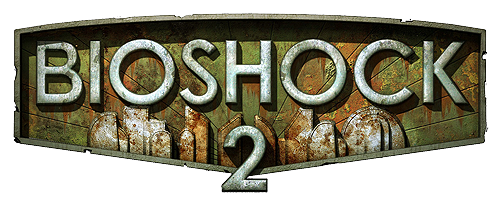We’re all huge fans of the BioShock franchise here on The Slowdown, but we’ve also had our fair share of the game series. We awaited each game, lathering ourselves with collector’s editions (remember the original Big Daddy statue that would crack in half?), with nightly chats about lore and story, and even with articles written on the game here in the archives. They are some really good games. Some guy named John Lanchester once said somewhere that Bioshock “was the first game he played that had the ambitions of a novel” and I find that very damn agreeable.
It’s just that no-one in particular was looking forward to The Bioshock Collection in the traditional sense. We’re not console gamers, so they just weren’t in the view, or on the horizon. The games are bygones for Ken Levine, too, who had claimed the games took such a toll on him that he thought sequels would make him “[…] lose my mind, and my marriage.” 1)http://www.rollingstone.com/culture/news/we-were-all-miserable-inside-bioshock-video-game-franchise-w439921
We too were arguably done with these anomalously nihilistic, brutal, and taxing video games, perhaps even with additional future games in the series, the idea of which has soured somewhat with Levine’s surprise dissolution of Irrational Games as it were in 2014. With the joint release of the remastered versions of BioShock 1 and 2 on the PC, however, I have been made a fool.
I’ve been roped to care for something that was supposed to be both free and carefree.
References

